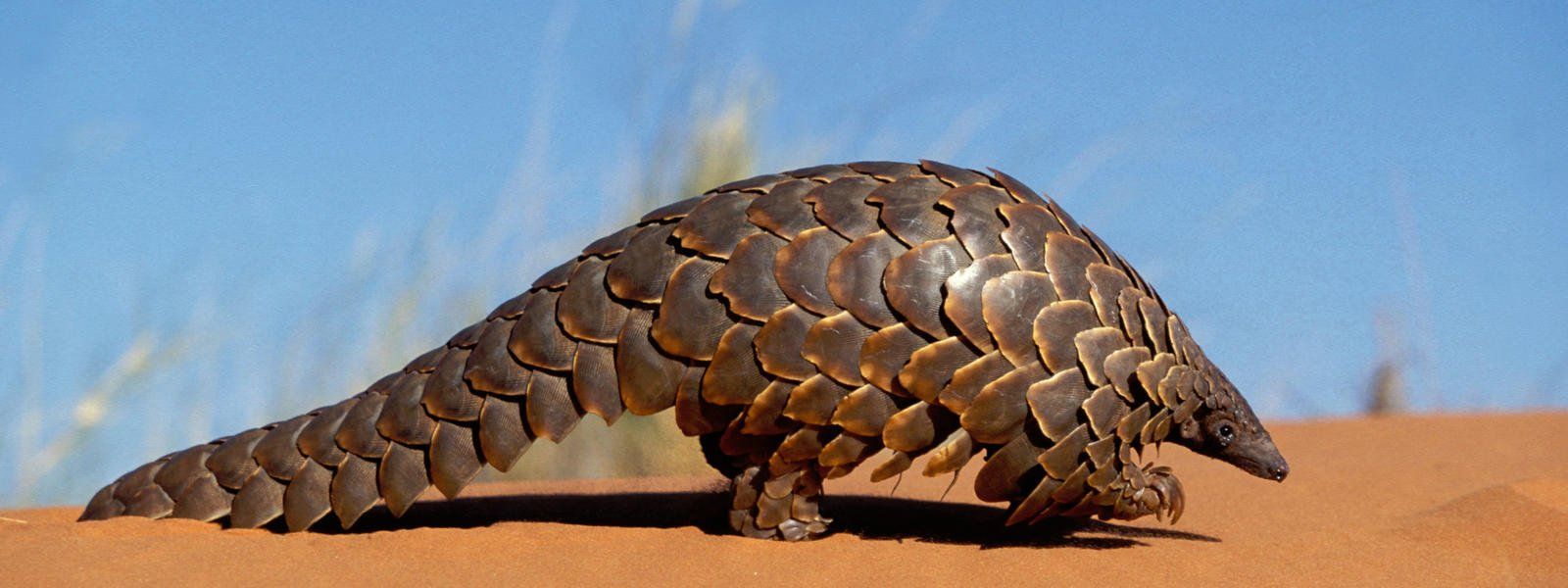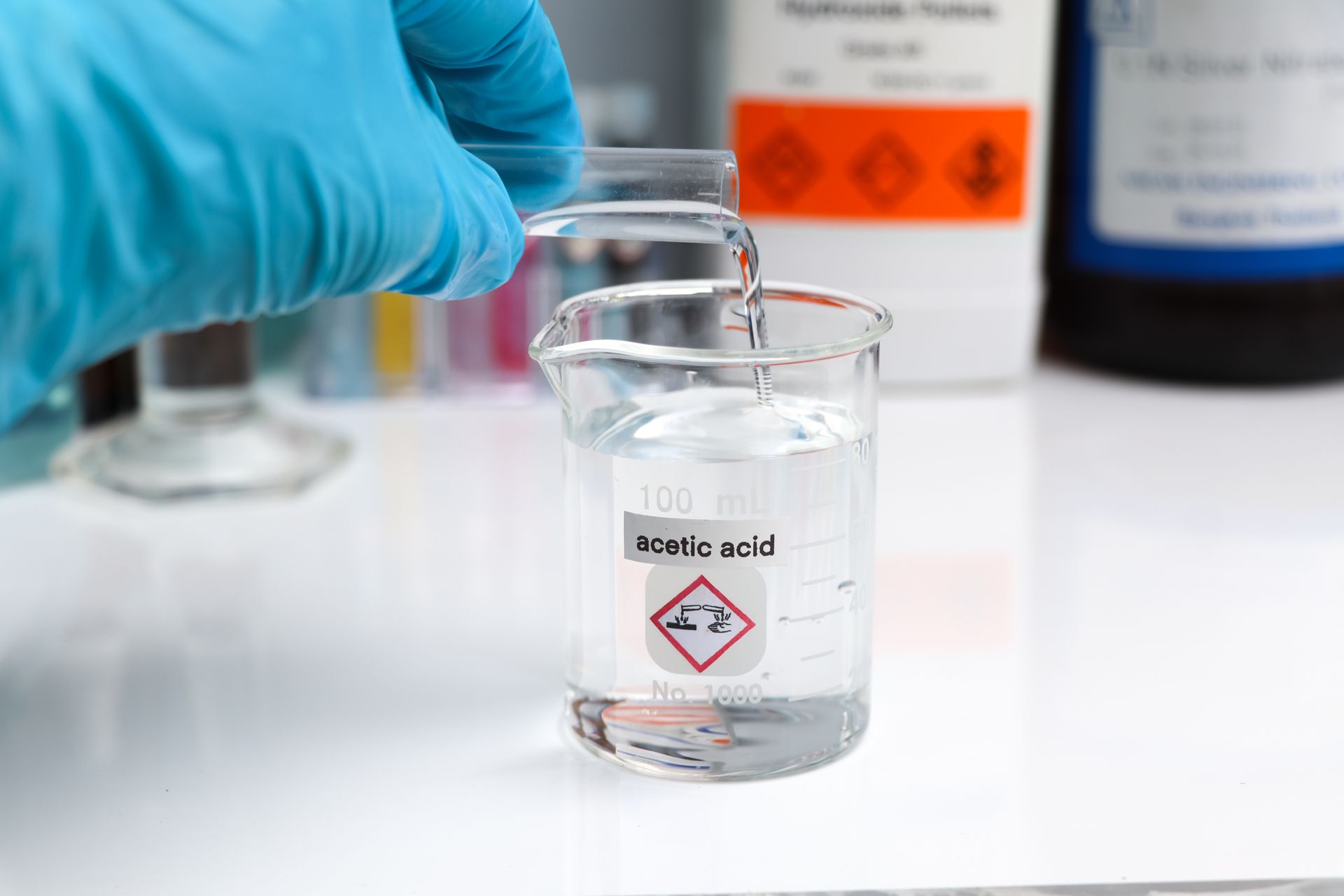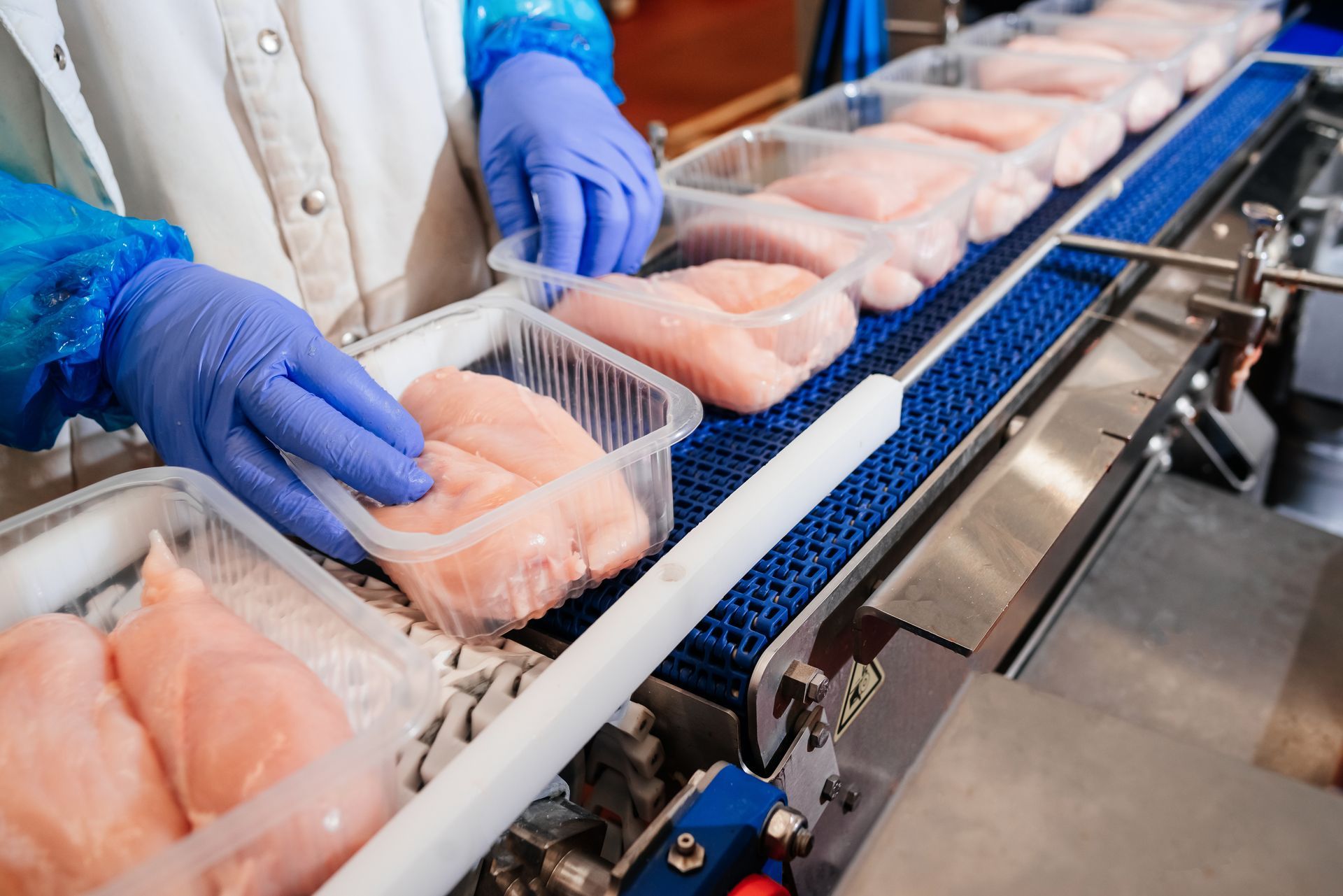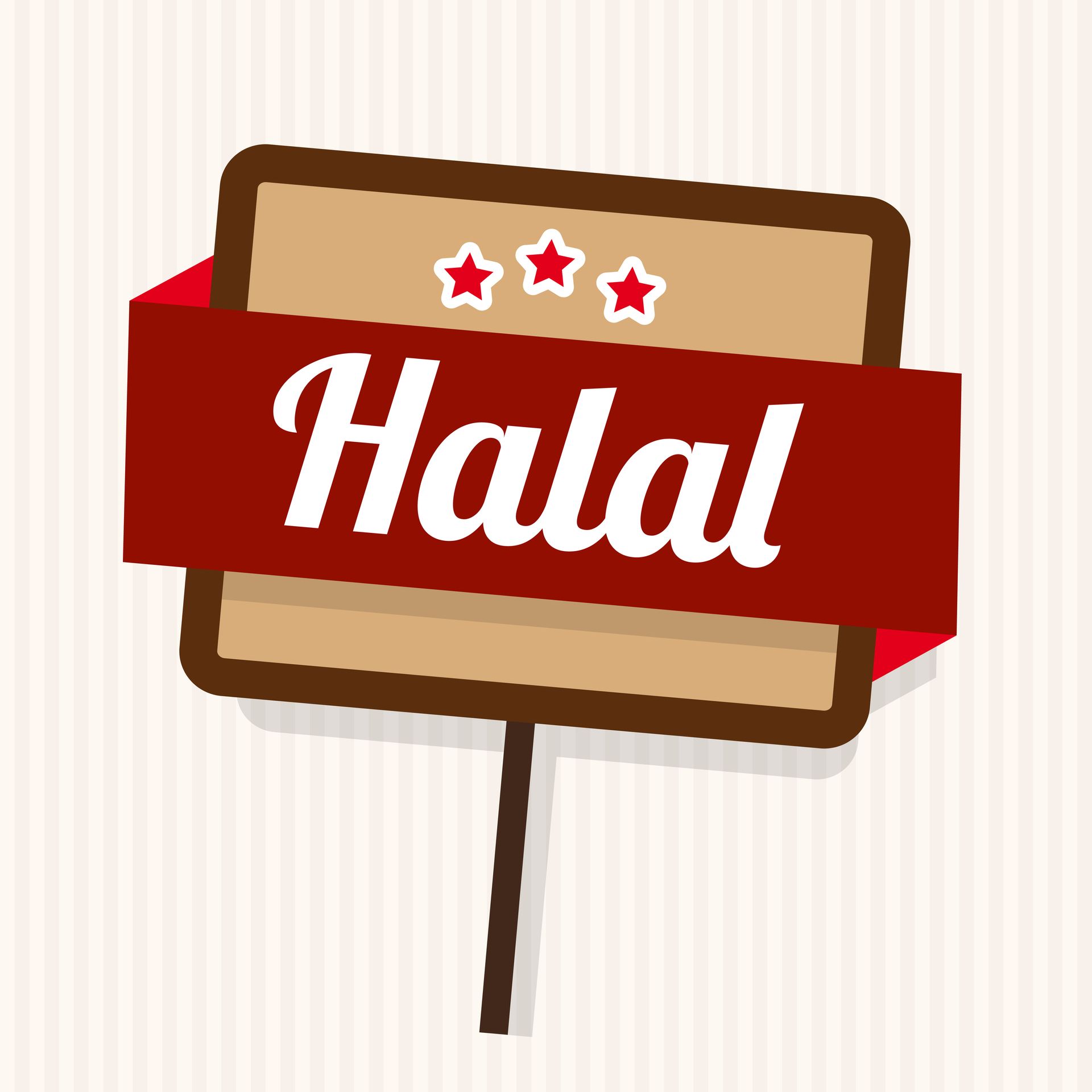Aaqilah Alexander is a teacher and freelance writer living in Cape Town, South Africa. She finds joy in understanding different cultures and customs and has a strong appreciation for local languages and histories. Her interests include researching Islamic perspectives related to topics on art, sustainability, current affairs, and gender politics. She holds a Bachelor of Arts Degree from the University of Cape Town and is currently pursuing postgraduate studies in the field of Education, specializing in language literacy and history learning in schooling.
1-877-HALAL-WW (+1-877-425-2599)
Blog Post
The Pandemic and Animal Welfare
Aaqilah Alexander • Jun 18, 2020
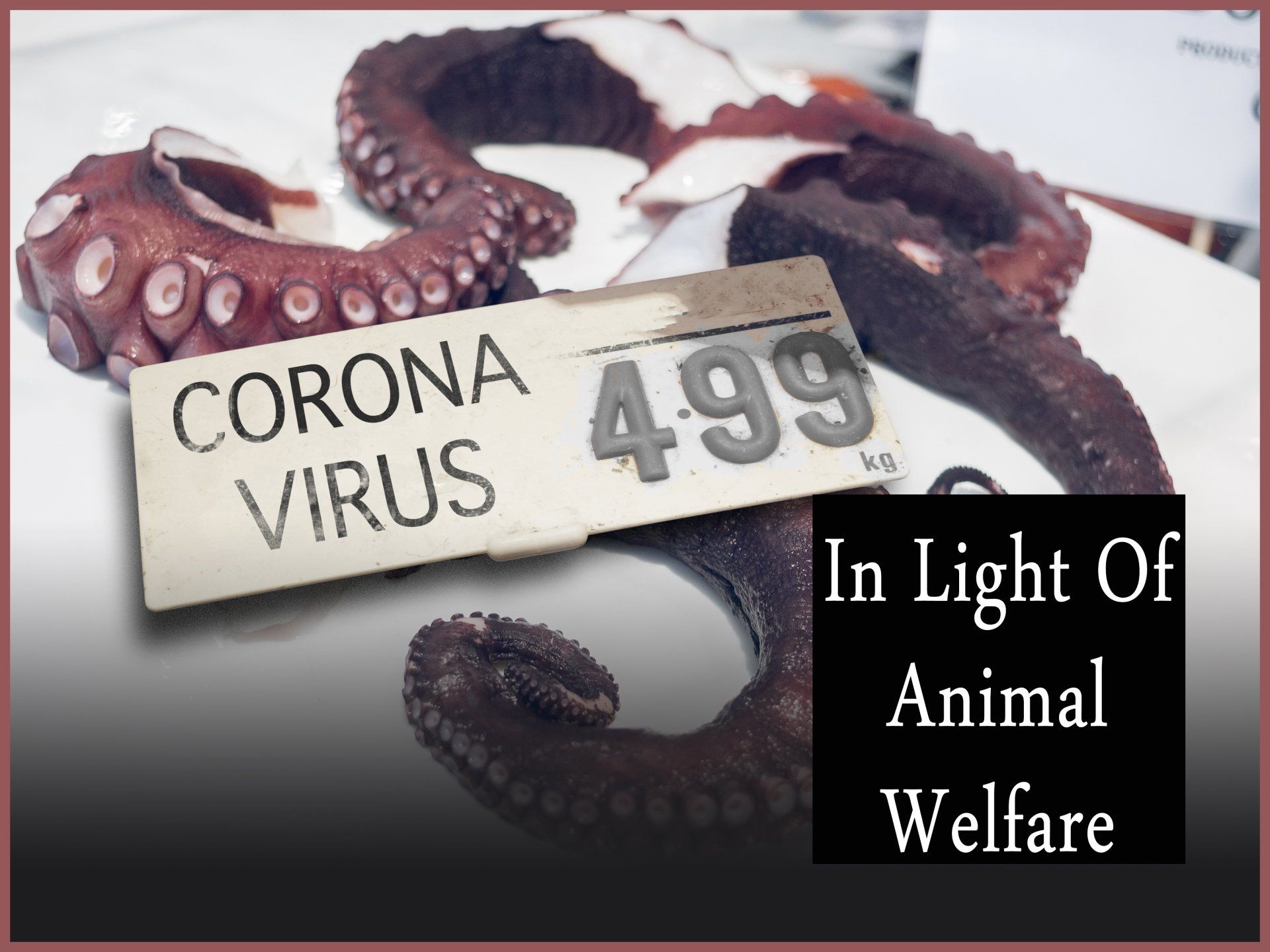
The novel coronavirus has revealed much about our society. From the Islamic perspective, we are duty bound to do our best to understand what is taking place so that our response is measured, appropriate, and wise. We are witnessing hardships and injustices like never before. People and animals alike are ill-treated. The difficulties many people face in obtaining healthcare, housing, and job security amplify much of the world's growing inequality. Our modified routines offer us an opportunity to reflect more deeply and empathetically on our life, and the lives of animal-kind as well.
According to the World Health Organization, the virus began when a reported case of pneumonia emerged in Wuhan China in December 2019. The earliest cases link to Wuhan's 'wet' markets, though the exact origin of the virus remains unclear. Typically, these markets sell fresh foods like seafood, meat, fruits, and vegetables. More rarely, they have been known to engage in the sale of wild animals, both slaughtered and live. Although China has recently implemented a ban on wildlife transactions, these markets are part of a much larger discussion: the exploitation of animals and the cruel practices within the meat industry.
Illegal wildlife trade is an international problem. Animals are usually trafficked for their exotic appeal, the belief in their mystical powers for medicinal use, or high-profit margins which maintains supply and demand. The process is often one that is unsustainable, leading to the endangerment of species. Pangolins have drawn much attention since Covid-19 for the strong indication of being potential hosts of the virus. TRAFFIC, a wildlife trade monitoring network, reported smuggling of an estimated 1 million pangolins from 2000- 2013, believing many to conclude Pangolins as the world's most trafficked mammal. According to WWF, wildlife trade is the second-biggest direct threat to species after habitat destruction. These facts highlight the urgent need to reevaluate our relationship with nature and animal-life.
Islam provides exemplary guidance on what is permissible to consume, and which practices are best suited in killing animals. This assures the safety of people and minimal suffering for the animals involved. The health of the earth, and all that inhabit it, is fundamental to the religion.
"The health of the earth, and all that inhabit it, is fundamental to the religion."
Historically, Ireland implemented the first legislation against animal cruelty in 1635. The Act prohibited pulling working horses by their tails and sheep from having their wool pulled, instead of sheered. Although this act of activism is noteworthy, animal rights and the prohibition of abuse are a recurring topic amongst prophetic teachings and passages within the Qurʾān, a text revealed over 1400 years ago. Islam has therefore long since been an advocate for cruelty-free animal practices. The Prophet Muhammad ﷺ was a model of kindness towards animals. He treated the environment and animals with the utmost respect and embodied mercy in his interactions with them. One hadith narrates the Prophet as saying:
"A good deed done to an animal is as meritorious as a good deed done to a human being, while an act of cruelty to an animal is as bad as an act of cruelty to a human being." (Mishkat al-Masabih; Book 6; Chapter 7, 8:178.)
This illuminating saying shows that Islam is a religion of peace and compassion, which holds the rights of animals in high regard. The serious implications of transgressing these rights communicate the absolute value of animal wellbeing.
The forceful removal of wild animals from their habitat causes immense trauma, and their transportation and living conditions are usually appalling. The emotional distress of an unfamiliar location or overcrowding can affect the physical wellbeing of these animals, weakening their immune system and making them more vulnerable to infections. This is particularly concerning as during this time humans and animals find themselves in closer proximity, resulting in a higher risk of spreading zoonotic diseases. These are diseases that exist in animals and can infect humans.
Unfortunately, it is not only wildlife that suffers cruelty at the hands of humanity. Factory farming exposes many cases of ill-treatment towards animals. The Animal Welfare Institute reported debeaking, tail docking, hot-iron branding, and dehorning as being some of the illicit practices that take place on factory farms. The expense of these profit-driven actions means animals live a life of discomfort and torment. This takes away from appreciating the blessing of sustenance provided by our Lord.
The key to cohabiting peacefully with whom we share this world lies in finding balance. It is a responsibility for all of humanity to ensure the welfare of animals through humane practices and socially responsible treatment. This includes securing sustainability by only taking as much as nature can provide. If these trying times are to remind us of anything, it should be to practice gratitude and evaluate the stress we place on our natural resources. Conservation and promoting animal rights is an obligation in Islam and something that brings us closer to Allah سبحانه و تعالى. By being conscious consumers, we can approach the meat industry with more awareness and hold those liable for negligence accountable.
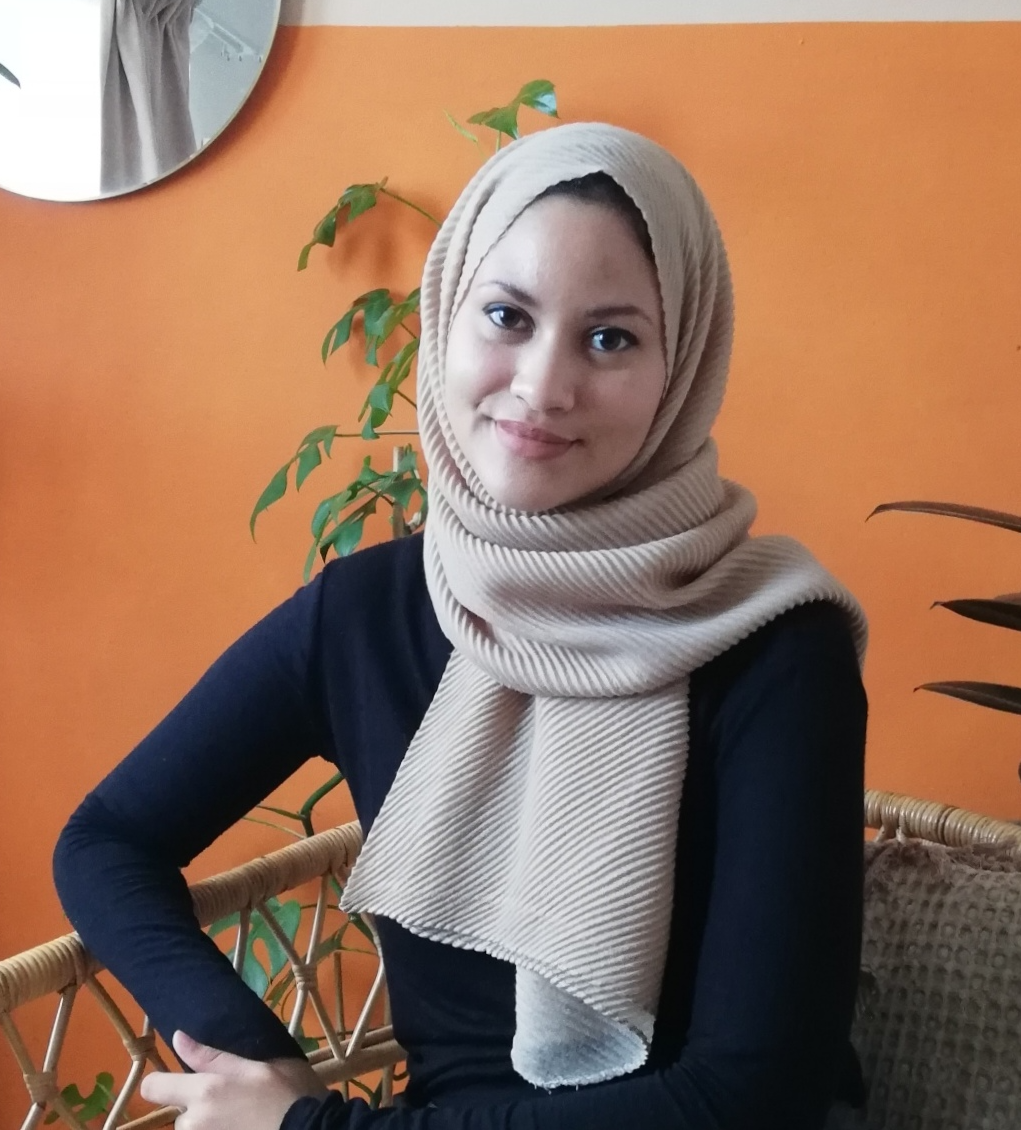
Aaqilah Alexander • Jun 18, 2020
Share
Tweet
Share
Mail




